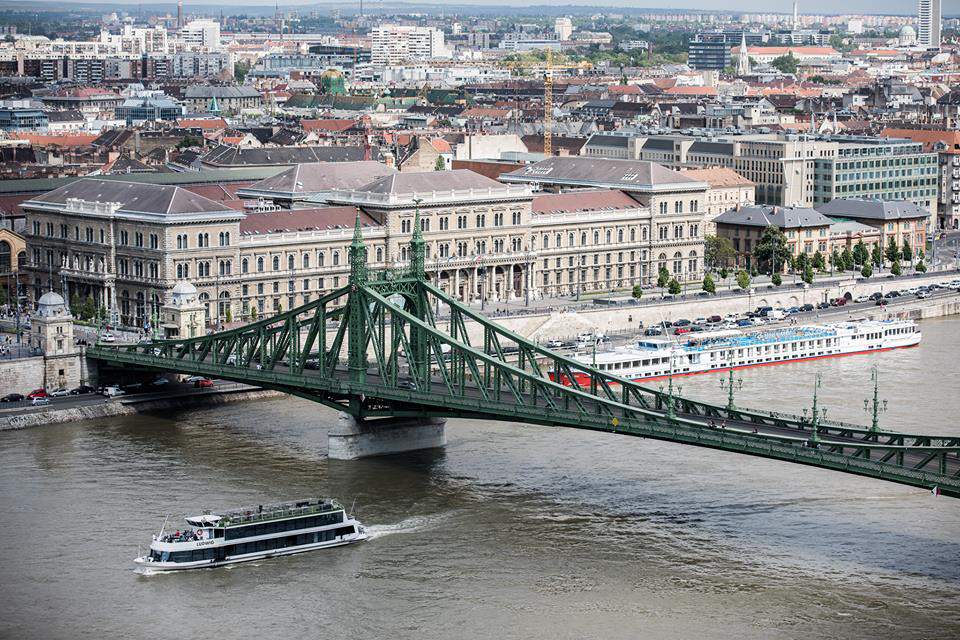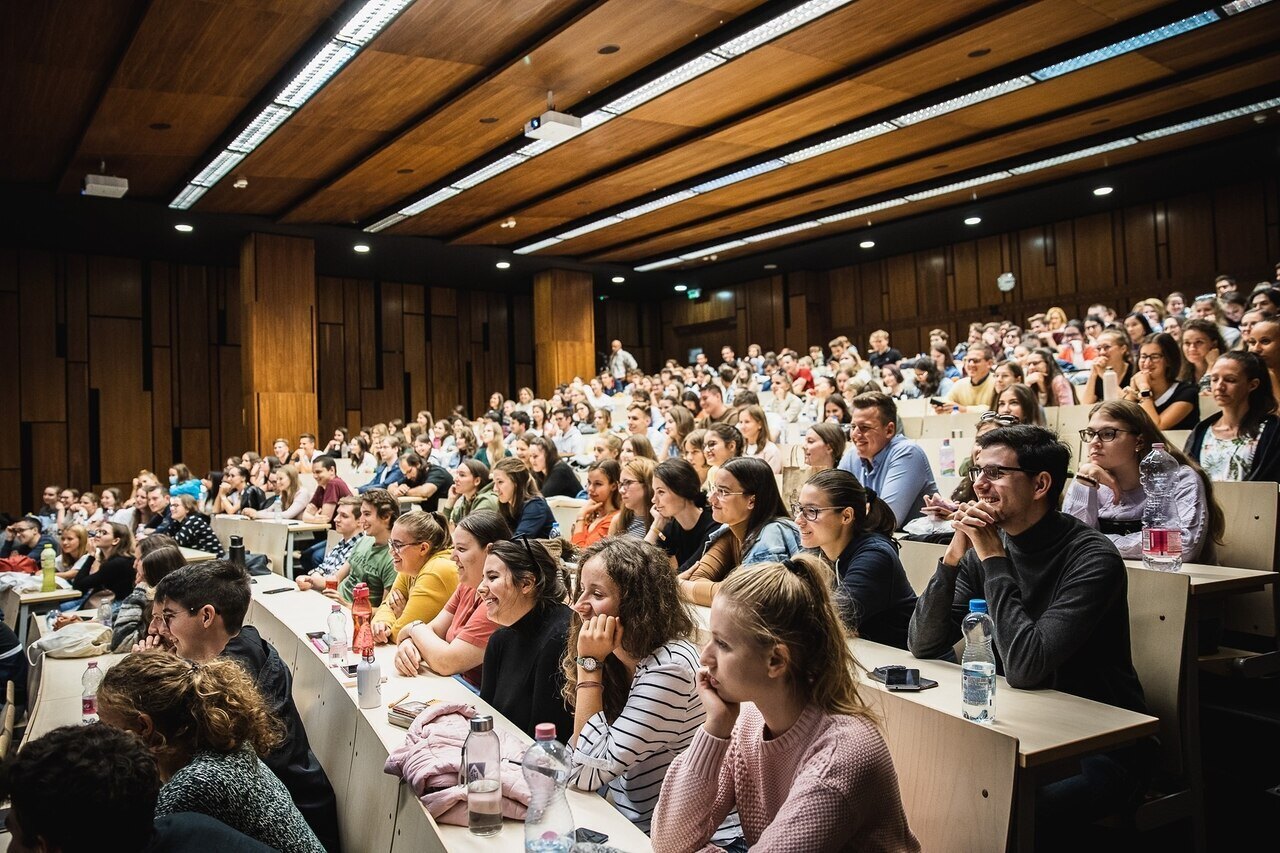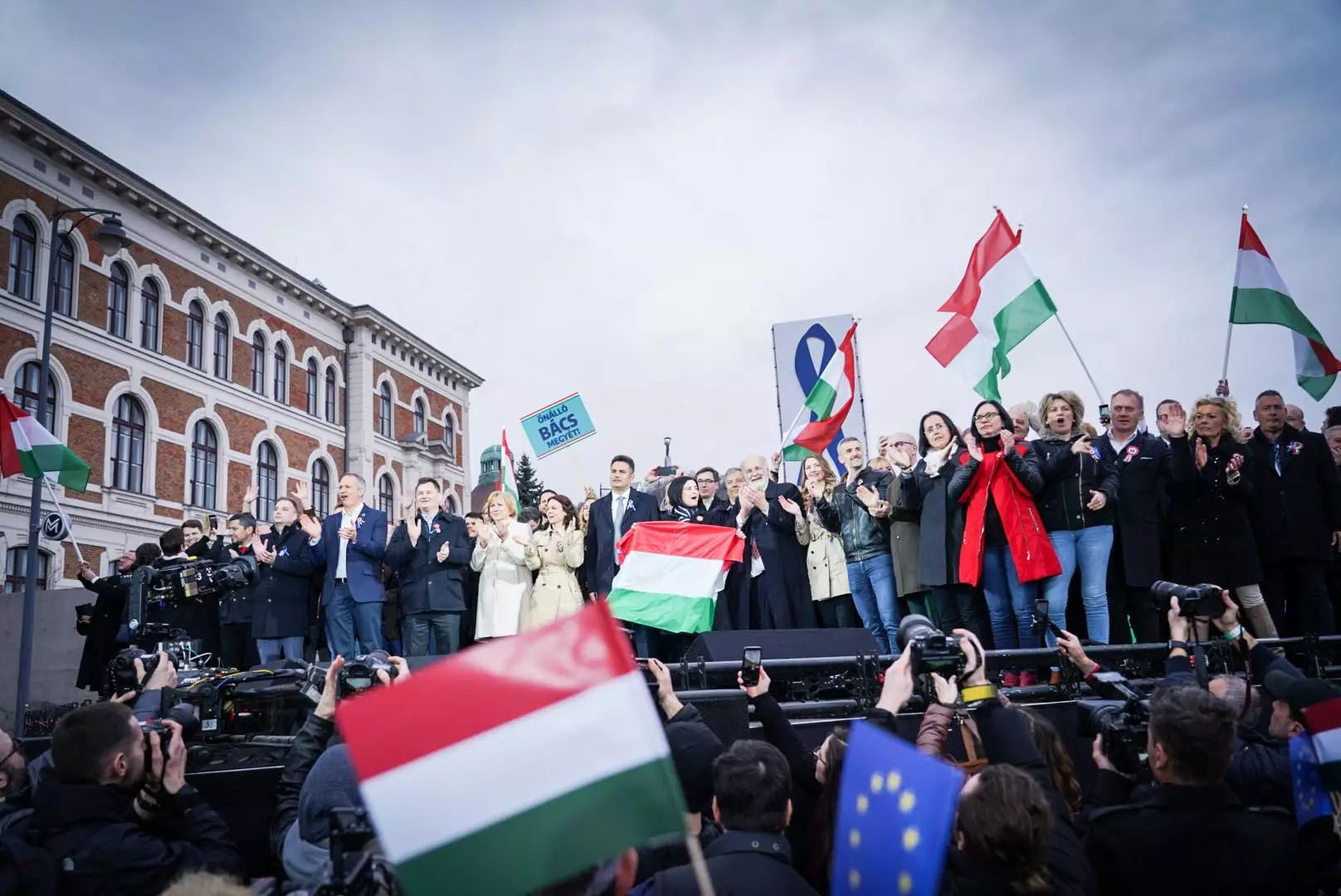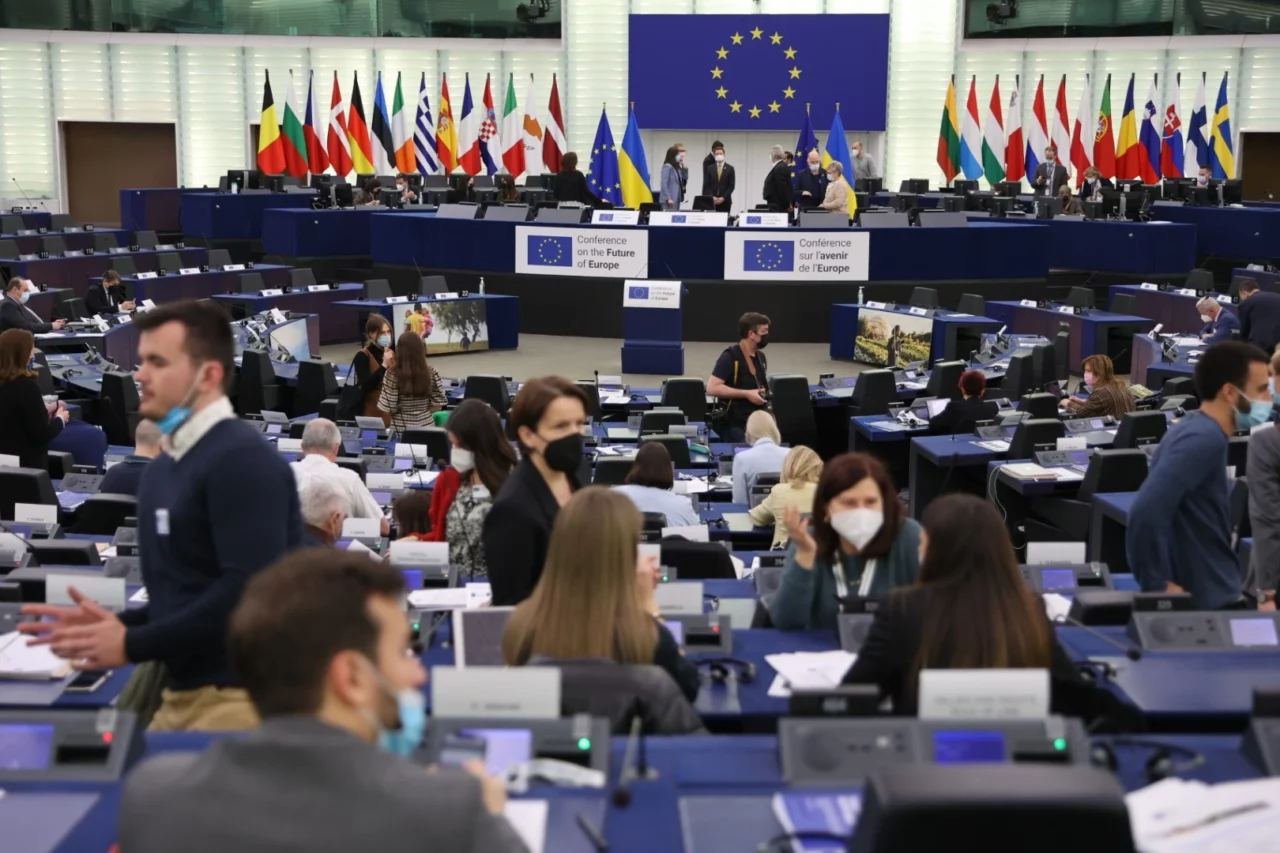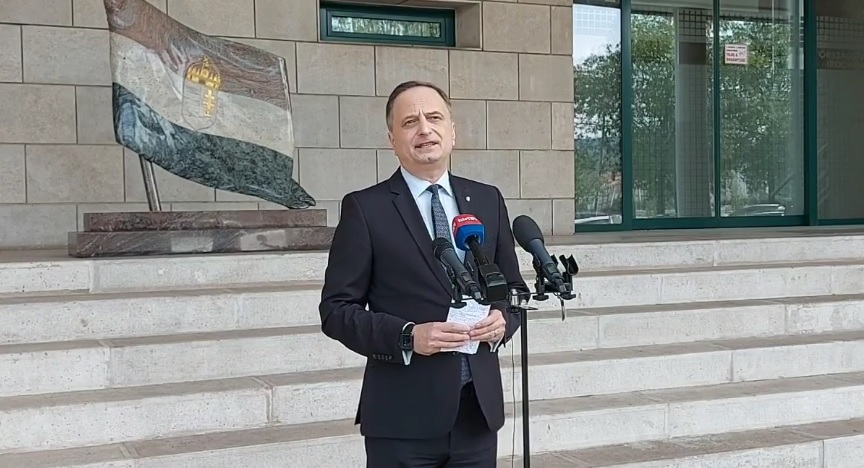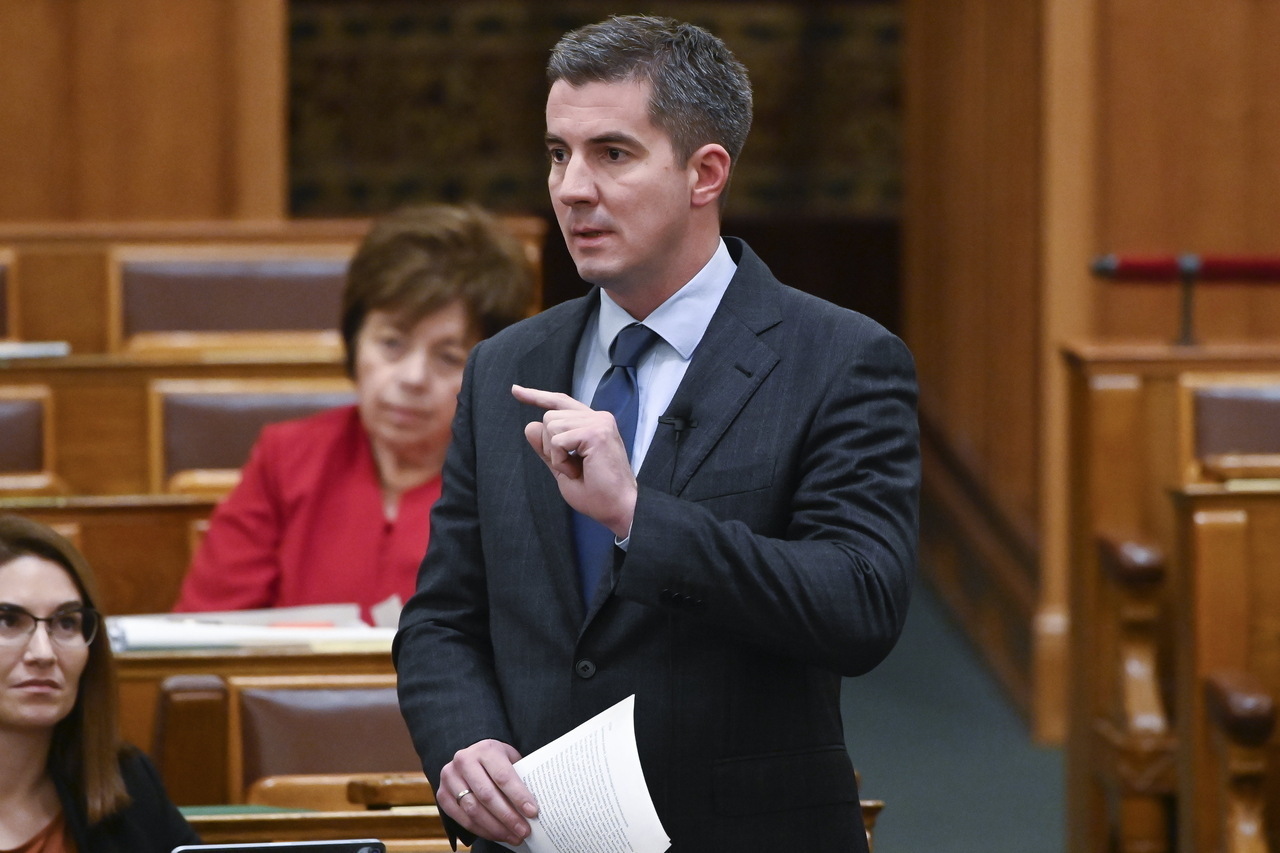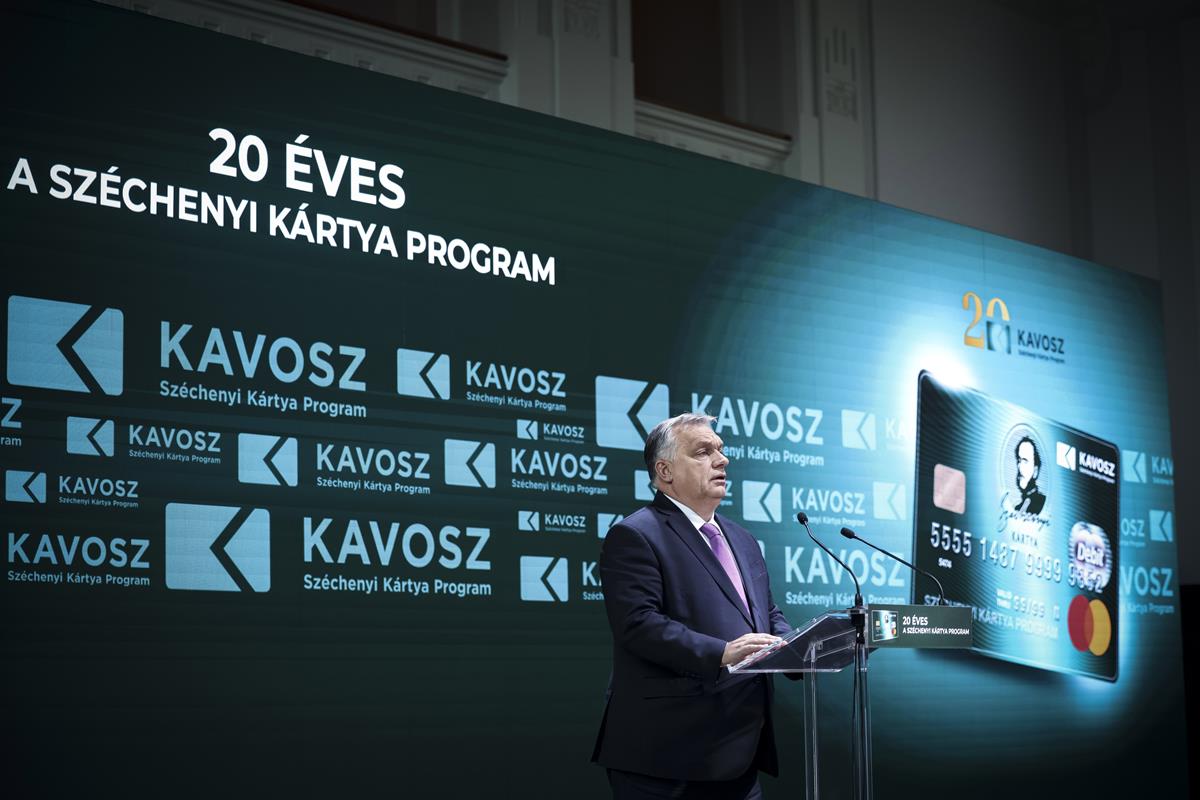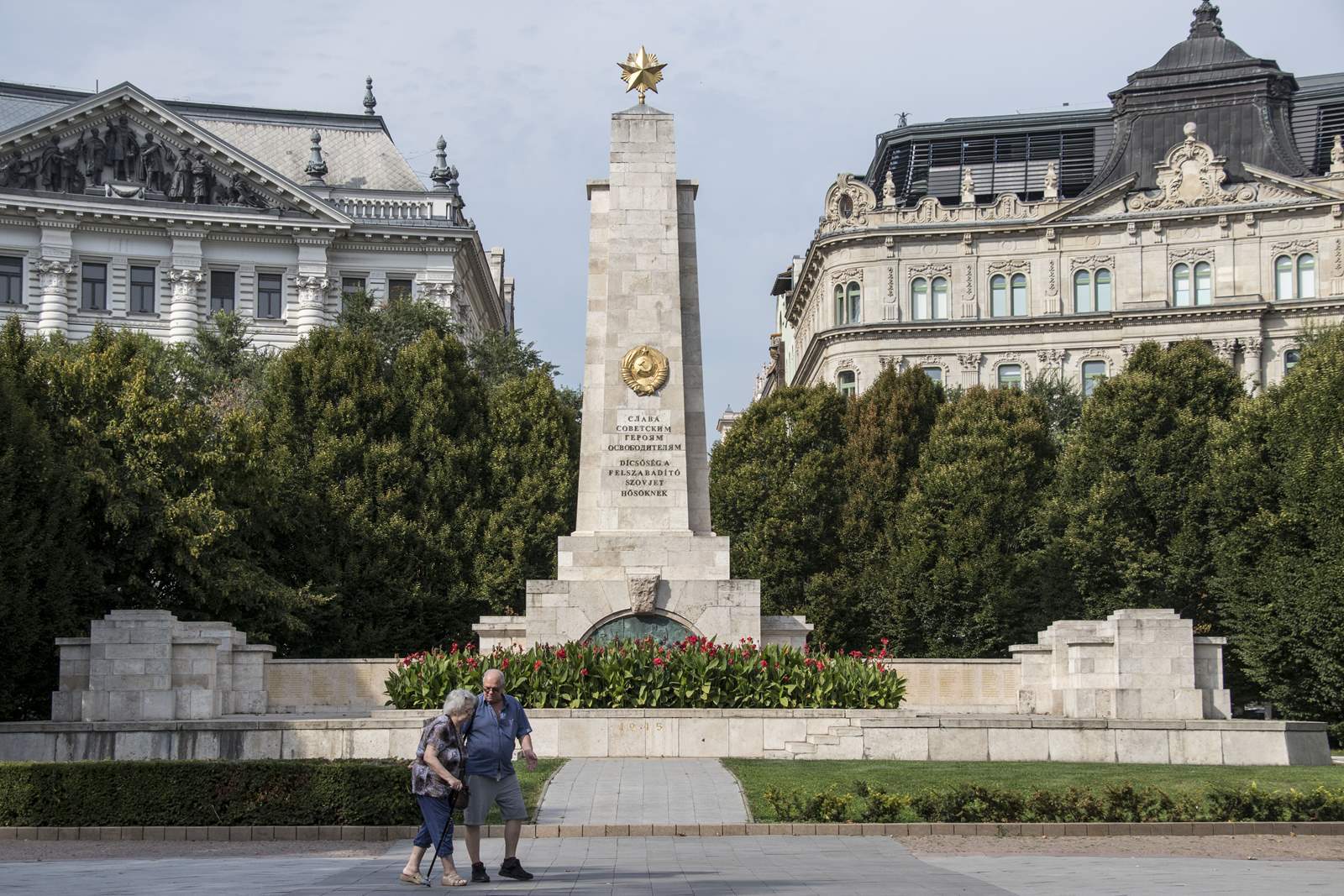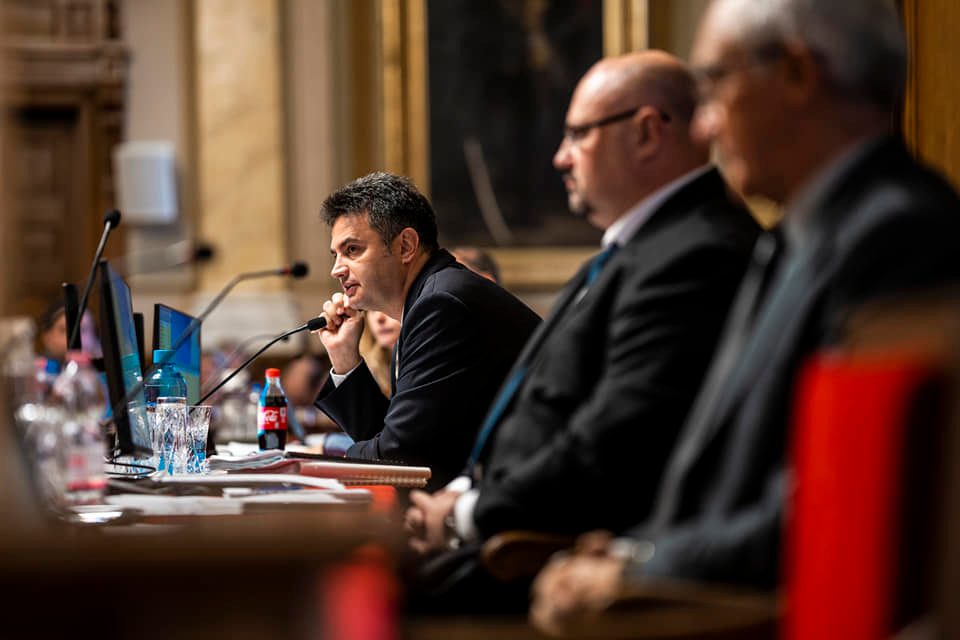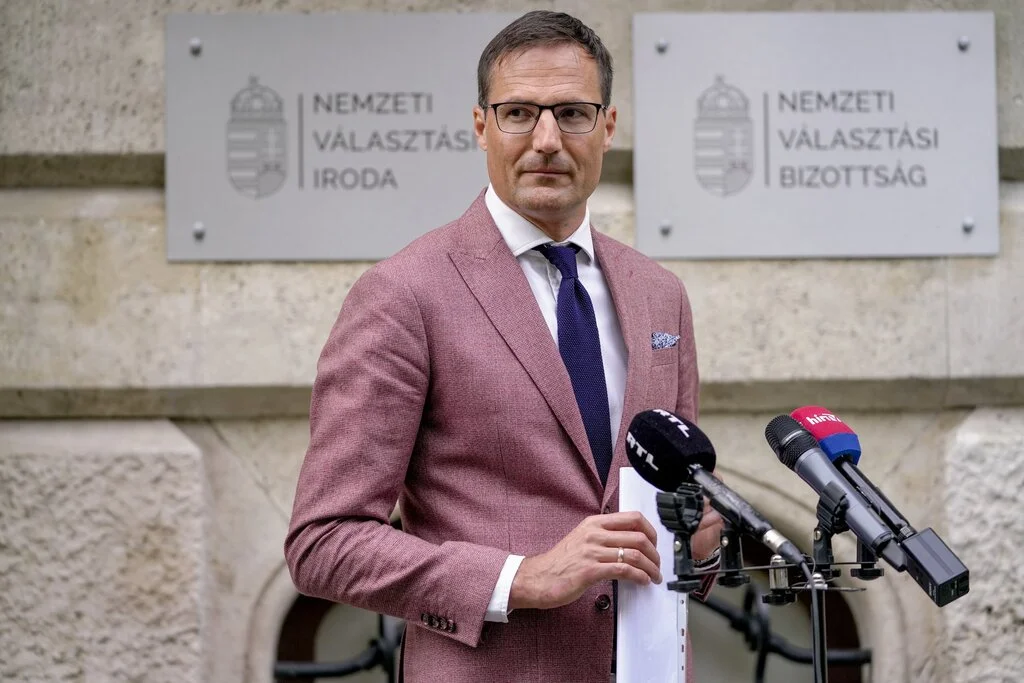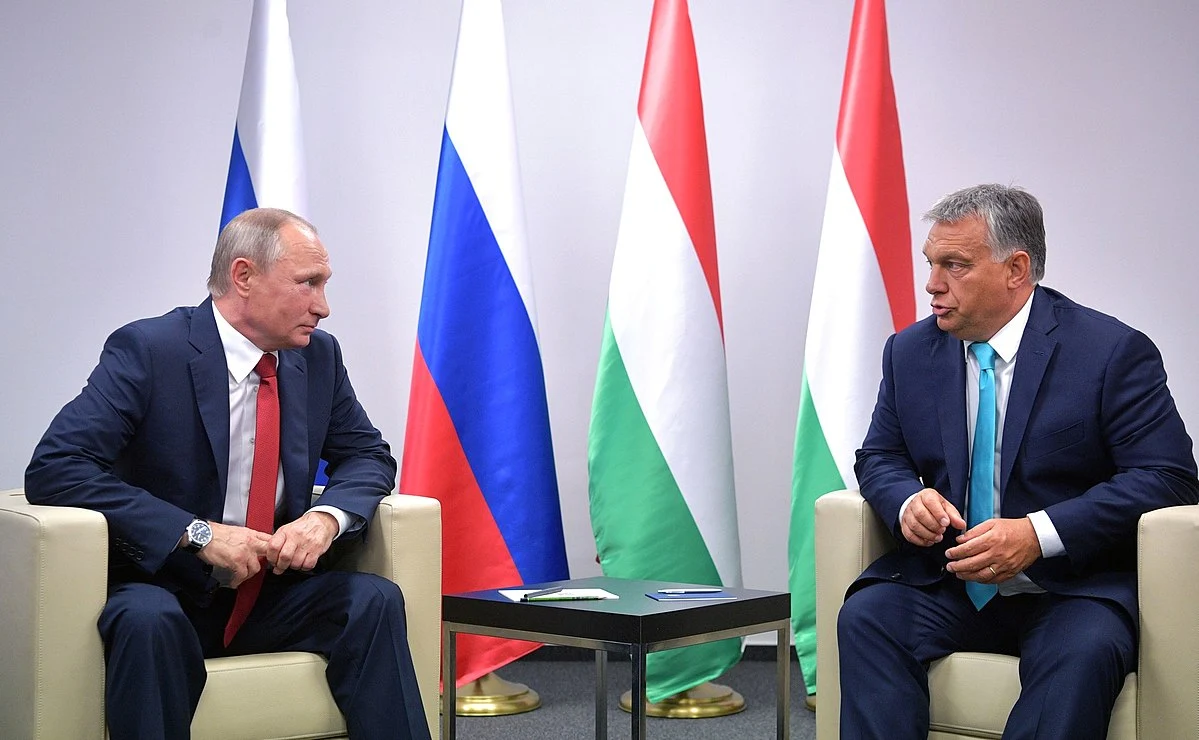MEP Gyöngyösi: Jobbik’s mission is to redefine conservative politics in Hungary
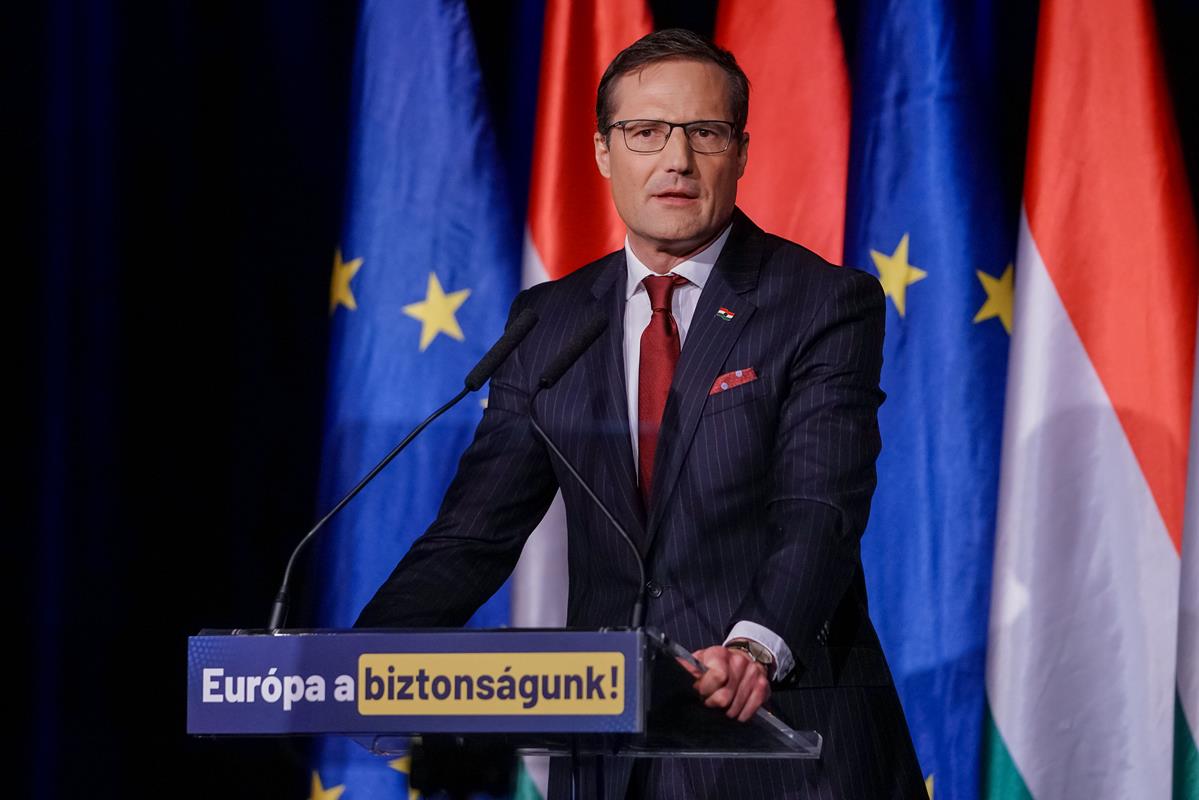
Sponsored content
MEP Márton Gyöngyösi’s (Non-attached) thoughts via press release:
History never favoured Hungary’s civic progress and nor did it help the formation of civic parties. The idea of a value-based, consistently conservative and centre-right party has completely faded out of the Hungarian political spectrum of the recent years. In its congress held last week, Jobbik decided to put an end to this situation and, with the support of the delegates, adopted a new political line and name. From now on, the party continues under the name of Jobbik – Conservatives.
In the western sense of the word, Jobbik – Conservatives aims to be a European conservative party that equally appreciates tradition and future-forward policies.
As I noted, being conservative means that we represent the legacy of Greek philosophy, Roman law and Judeo-Christian cultural traditions; the legacy which created Europe and which we are an inseparable part of. We respect our Hungarian traditions and we believe belonging to our community is a value. Dedication to our homeland, nation and the traditional family is an absolute moral standard for us. We acknowledge the human differences that drive us to compete with each other and strive for excellence, but we also believe it is our moral duty to alleviate the disadvantages of the losers, because solidarity and helping the weaker is a value. We recognize the authority that arises from success, knowledge, experience, learning and hard work under any circumstances. This is the foundation of our respect for the fellow human being and our belief in individual responsibility. Populists prefer vulnerable, subservient and helpless subjects. We, on the other hand, love conscientious and goal-oriented citizens who stand up for themselves and create value. We believe in the primacy of human dignity, which we derive from the divine revelation.
We reject any effort that violates human dignity and we reject every ideology that uses people as tools and denies their freedom, but we equally reject any idea that promotes anti-social behaviour under the aegis of unrestricted self-realization.
On the other hand, we are also centre-right, because we reject the omnipotence of the state, and we believe that human freedom involves the freedom of communities as well. We believe the purpose of the state and politics is not to regulate people’s daily lives or promise solutions for each and every problem they may have. We believe the purpose of responsible policy is to create the right conditions, such as legal security, stable circumstances, high-quality education as well as social systems that incentivize self-support, which allow everyone to achieve their goals subject to their best effort, diligence and resilience. That’s why we reject any form of social demagogy.
We reject needless state intervention, price caps that fuel inflation and shortages, and we also reject any tax system that becomes inconsistent due to all the special taxes. We reject needless centralization and support the self-organization of the society.
We believe the protection and enrichment of the community as a whole is not just the institutions’ task, but that of the communities and citizens as well.
I hope that our renewed party will clear the obstacles in our way, because the Orbán regime more and more clearly aims to lead Hungary out of the European Union and build a Russian vassal state in the middle of Europe.
Disclaimer: the sole liability for the opinions stated rests with the author(s). These opinions do not necessarily reflect the official position of the European Parliament.










